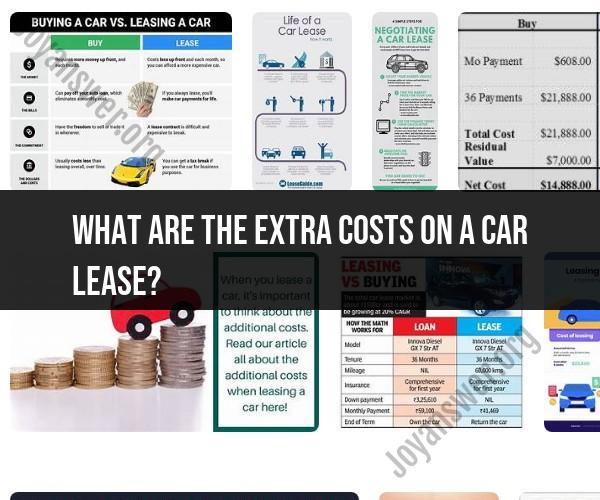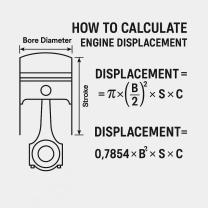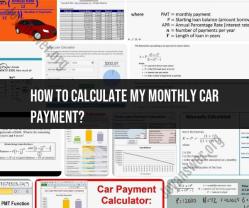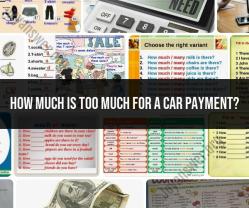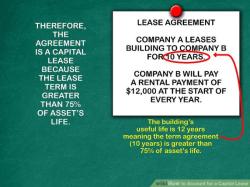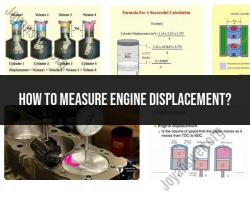What are the extra costs on a car lease?
When leasing a car, there are several additional costs beyond the monthly lease payment that you should be aware of. These costs can vary depending on the lease terms and the leasing company, but they generally include:
Down Payment: While many leases require a lower down payment compared to buying a car, some leases may still require a down payment. This is an upfront payment due at the beginning of the lease.
Monthly Lease Payment: This is the regular payment you make to the leasing company for the use of the vehicle. It typically includes depreciation, rent charges, taxes, and fees.
Interest or Money Factor: Leases often have an interest component referred to as the "money factor." It's similar to the interest rate on a loan and affects the monthly payment. A lower money factor is better for your overall costs.
Taxes: You'll typically pay sales tax on the monthly lease payment in most states. The tax rate can vary depending on your location.
Fees: Various fees may be associated with leasing, including:
- Acquisition Fee: Charged by the leasing company for processing the lease. It's often rolled into the monthly payment.
- Disposition Fee: Charged at the end of the lease if you choose not to purchase the vehicle.
- Registration and Title Fees: The cost to register the vehicle and obtain a title in your name.
- Documentation Fee: Covers the cost of processing paperwork.
- Excess Mileage Fee: If you exceed the mileage limit specified in the lease agreement, you'll be charged a fee for each extra mile driven.
- Excess Wear and Tear: At the end of the lease, you may be responsible for additional charges if the vehicle has excessive wear and tear beyond what's considered normal.
- Early Termination Fee: If you end the lease before the agreed-upon term, you may incur an early termination fee.
Insurance: You'll need to maintain auto insurance coverage that meets the leasing company's requirements. This cost is in addition to the lease payment.
Gap Insurance: It's a good idea to consider gap insurance, which covers the difference between the car's actual cash value and the remaining balance on the lease if the vehicle is totaled or stolen.
Maintenance and Repairs: While not typically included in the lease, you'll be responsible for maintaining and repairing the vehicle during the lease term.
Fuel and Operating Costs: As with any vehicle, you'll need to budget for fuel, maintenance, and operating costs.
End-of-Lease Costs: At the end of the lease, you may have additional costs if you choose not to purchase the vehicle. These can include the disposition fee, excess mileage charges, and excess wear and tear charges.
It's essential to carefully review the lease agreement and understand all the costs and terms before signing. Additionally, consider shopping around and comparing lease offers from different dealerships or leasing companies to find the best terms and overall cost for your specific needs and budget.
Extra Costs Associated with Car Lease: What to Expect
In addition to the monthly lease payment, there are a number of extra costs that can be associated with car leases. Some of these costs are upfront, such as the down payment and acquisition fee. Others are ongoing, such as excess mileage charges and wear and tear fees.
Here is a list of some of the extra costs that you may encounter when leasing a car:
- Down payment: Many lease agreements require a down payment, which is typically a percentage of the purchase price of the car. The down payment can help to reduce your monthly lease payment.
- Acquisition fee: This is a fee that is charged by the dealership to cover the cost of processing the lease agreement. The acquisition fee typically ranges from $500 to $1,000.
- Excess mileage charges: If you exceed the mileage allowance that is specified in your lease agreement, you will be charged an excess mileage fee. The excess mileage fee is typically per mile and can range from $0.10 to $0.25 per mile.
- Wear and tear fees: At the end of your lease term, your car will be inspected for wear and tear. If the car is in worse condition than expected, you may be charged a wear and tear fee. The wear and tear fee can vary depending on the severity of the damage.
- Disposition fee: This is a fee that is charged by the dealership to cover the cost of disposing of the car at the end of your lease term. The disposition fee typically ranges from $300 to $500.
Hidden Expenses in Car Leasing Agreements
In addition to the extra costs listed above, there may also be some hidden expenses in your car lease agreement. Be sure to read the lease agreement carefully before signing it so that you are aware of all of the potential costs.
Some hidden expenses in car leasing agreements can include:
- Bank fees: Some lease agreements include bank fees, such as a documentation fee or a late fee.
- Insurance: You will need to purchase comprehensive and collision insurance for your leased car. The cost of insurance will vary depending on your driving record and the type of car you lease.
- Maintenance: Some lease agreements include maintenance, while others do not. If your lease agreement does not include maintenance, you will be responsible for all of the maintenance costs.
- Registration and taxes: You will be responsible for registering and paying taxes on your leased car. The cost of registration and taxes will vary depending on your state of residence.
Factors that Can Impact the Total Cost of a Car Lease
The total cost of a car lease will vary depending on a number of factors, including:
- The type of car you lease: More expensive cars will have higher lease payments.
- The lease term: Longer lease terms will have lower monthly lease payments, but you will pay more in total over the life of the lease.
- The mileage allowance: Higher mileage allowances will have higher monthly lease payments.
- The down payment: A larger down payment will reduce your monthly lease payments.
- Your credit score: A good credit score will qualify you for lower lease rates.
How to Avoid Unexpected Costs When Leasing a Car
To avoid unexpected costs when leasing a car, be sure to read the lease agreement carefully before signing it. Ask the salesperson to explain any terms that you do not understand. You should also get quotes from multiple dealerships before choosing a lease.
Be sure to budget for all of the potential costs associated with leasing a car, including the monthly lease payment, down payment, acquisition fee, excess mileage charges, wear and tear fees, disposition fee, bank fees, insurance, maintenance, and registration and taxes.
